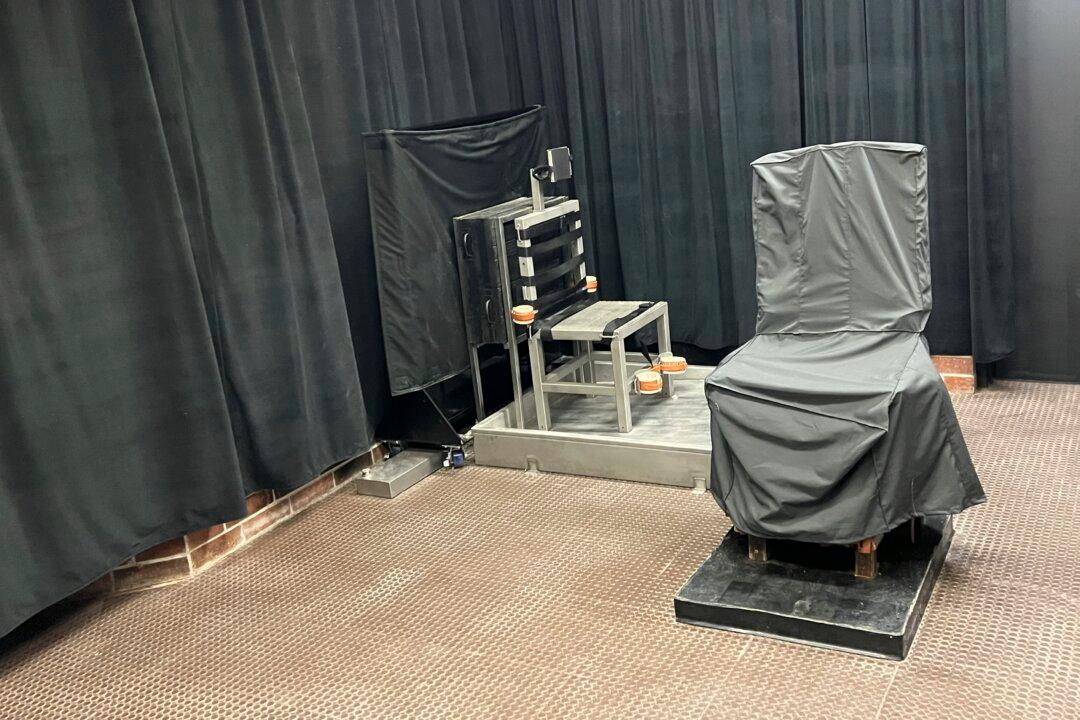Letting inmates choose to be executed by a firing squad is OK, South Carolina’s top court ruled on July 31.
Giving prisoners sentenced to death the option of execution by a firing squad “cannot be considered cruel because the condemned inmate may elect to have the state employ the method he and his lawyers believe will cause him the least pain,” South Carolina Supreme Court Justice John Few wrote for the majority.





